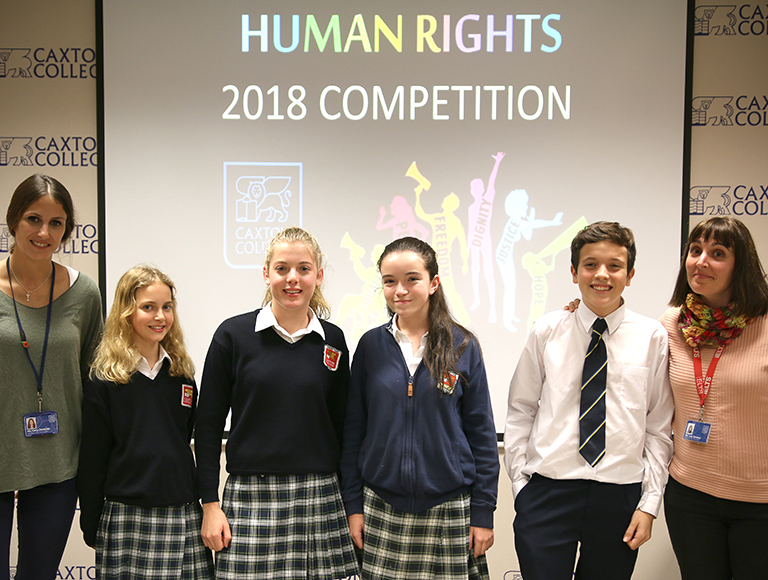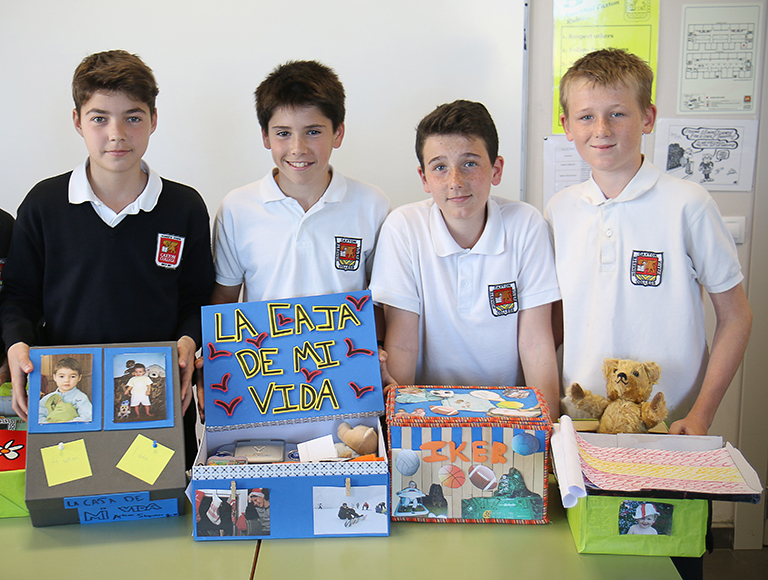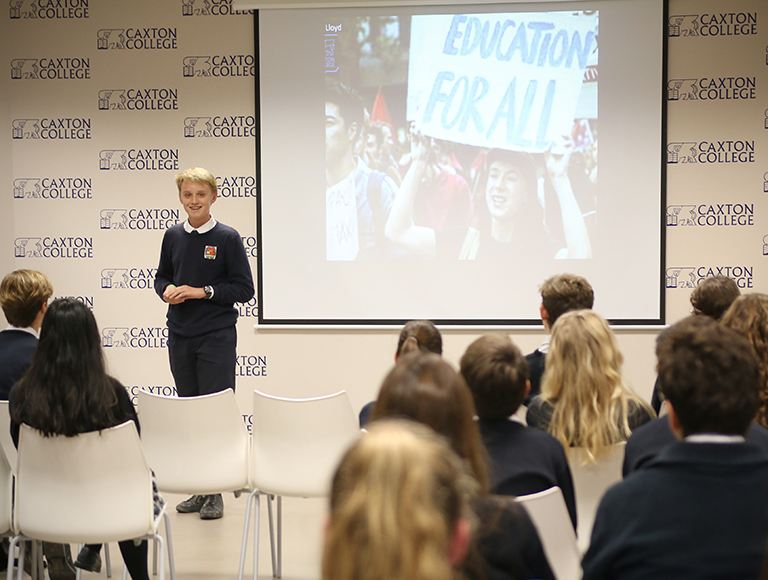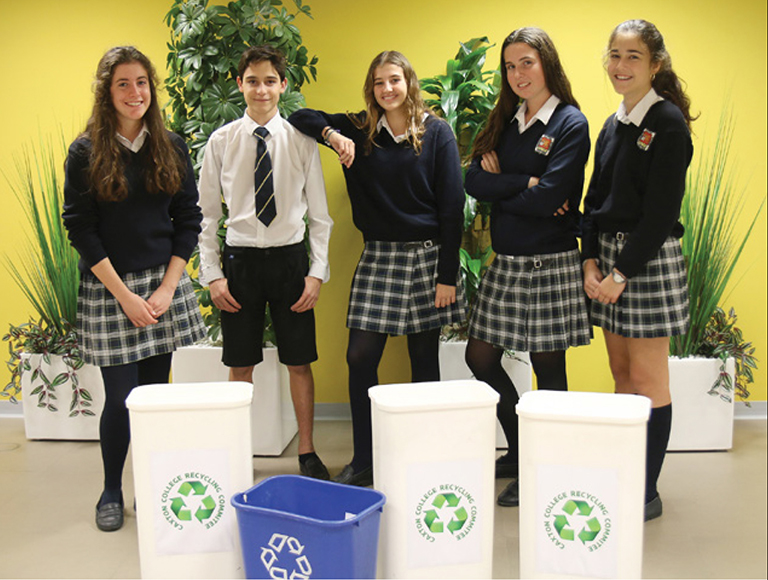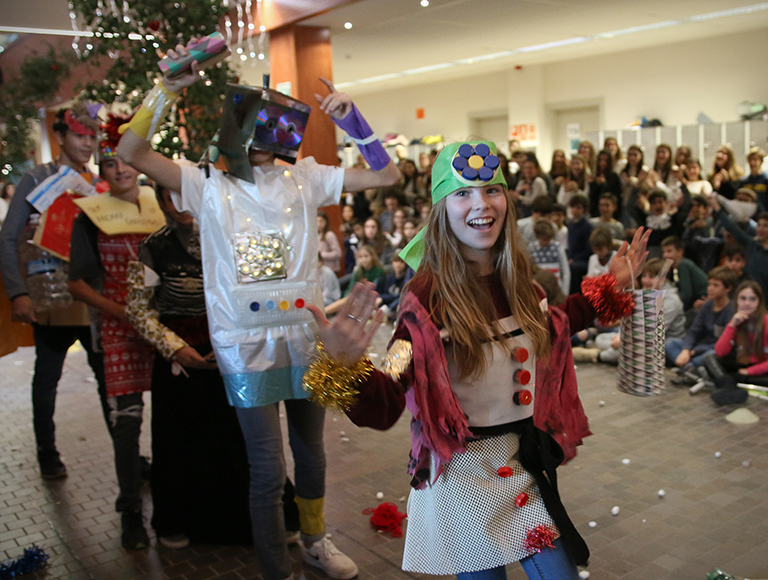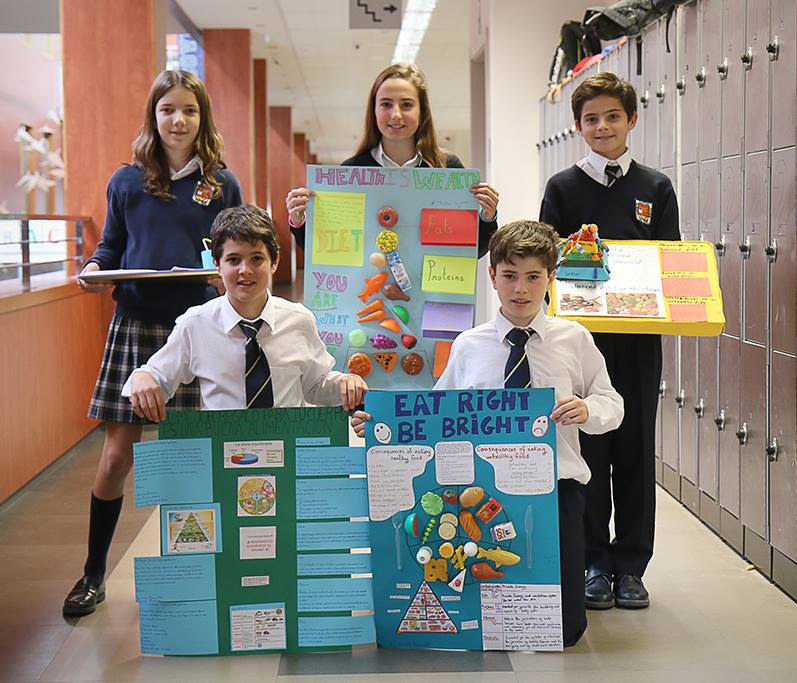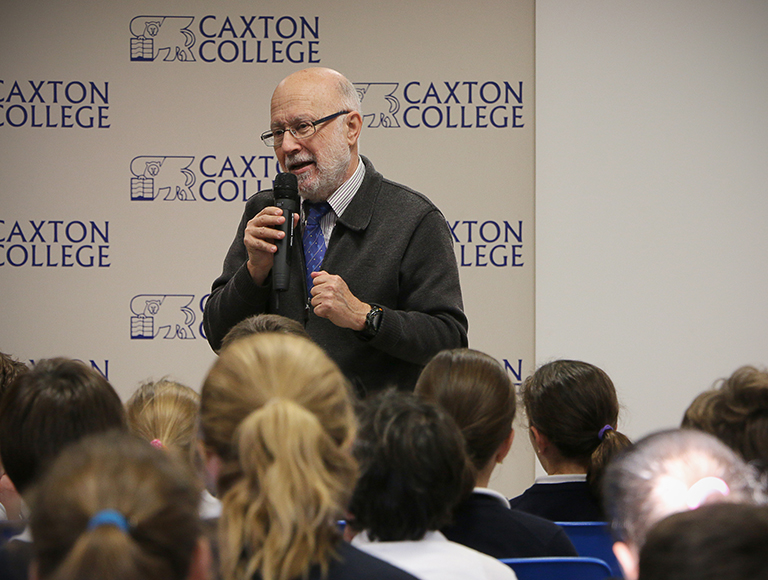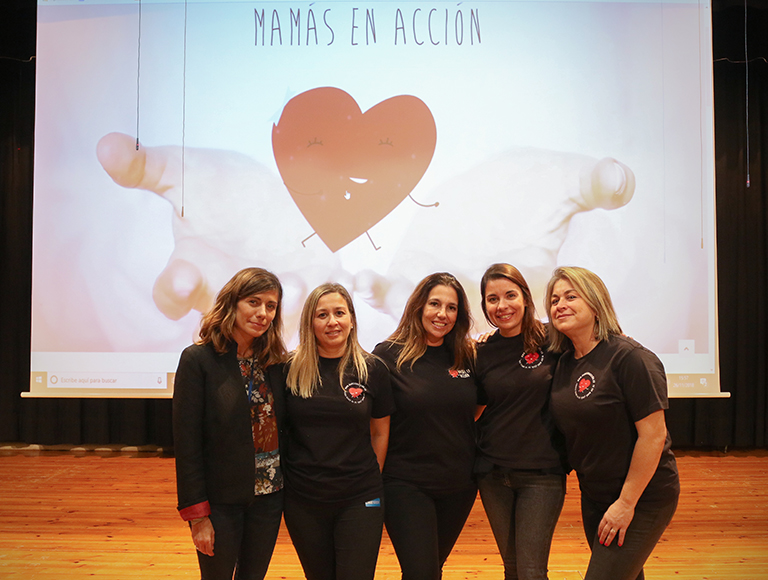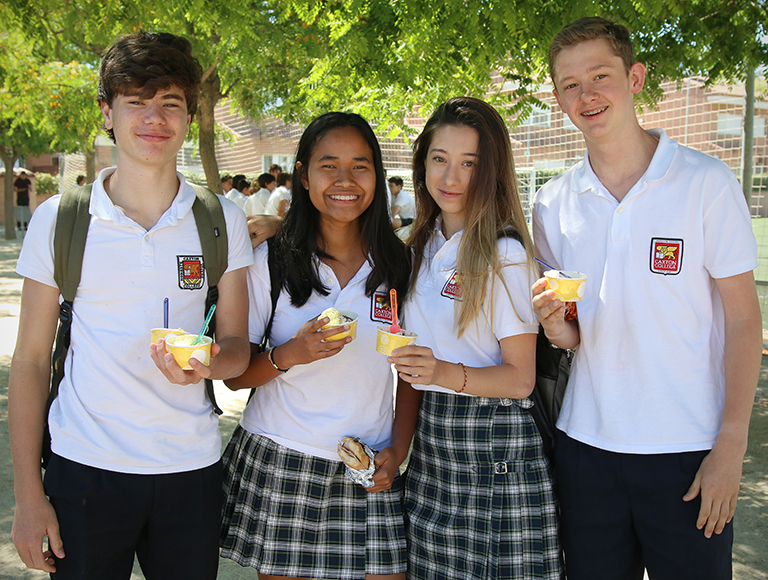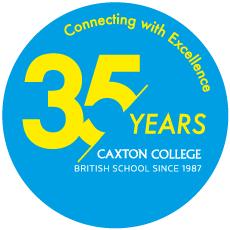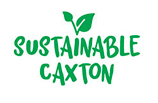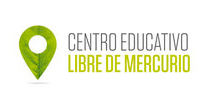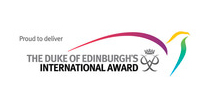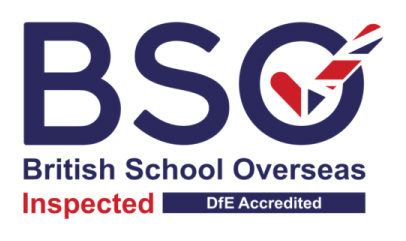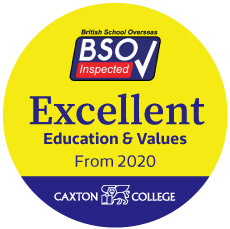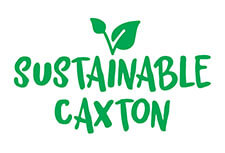Inside and Outside the Classroom
For over a decade, Secondary students have had lessons in Personal Development as a compulsory element of their curriculum. In this subject, we teach our pupils the value of helping those less fortunate, as well as the importance of using good judgement and ethical decision making in order to resolve their problems. A number of social aspects are also discussed to promote a tolerant and dutiful attitude towards their community. With this we aim to plant a seed of social responsibility so that in future, the students will grow into individuals who are committed to making society more sustainable.
Some of the topics and projects that are carried out in the classroom are:
We Think About the Environment
In Secondary we promote initiatives both as part of the curriculum as well as outside of it that help our students to become aware of a context beyond educational theory. In the classrooms, there is a commitment to guiding our pupils to become citizens who will take on the social challenges that protecting the environment faces.
Some examples are:
We Are Generous
As educators, one of our principal responsibilities is to consolidate the importance of charity among our students in order for them to come to understand that all of us are equal and have the same rights, in spite of social or cultural differences. Some of the organisations that we have worked with in the past decade are: Mamás en Acción, la Asociación Española contra el Cáncer, la Asociación Española de Mastocitosis, Cáritas, UNICEF, la Alianza Española de Familias de Von Hippel Lindau, la Asociación Periferia, Save the Children, Una sonrisa para Lucía, Pour un Sourire d’Enfant, Puentes de África, Intermon Oxfam, Comercio Justo, Fundación Mainel, ACNUR, Casa Ronald McDonald, Cruz Roja, Aspanion and One Tree Planted.
We carry out a number of activities in order to raise funds for these charity organisations.
During the academic year 22/23, we raised: €4,039.19.
With these actions, the school complies with the following Sustainable Development Goals:












